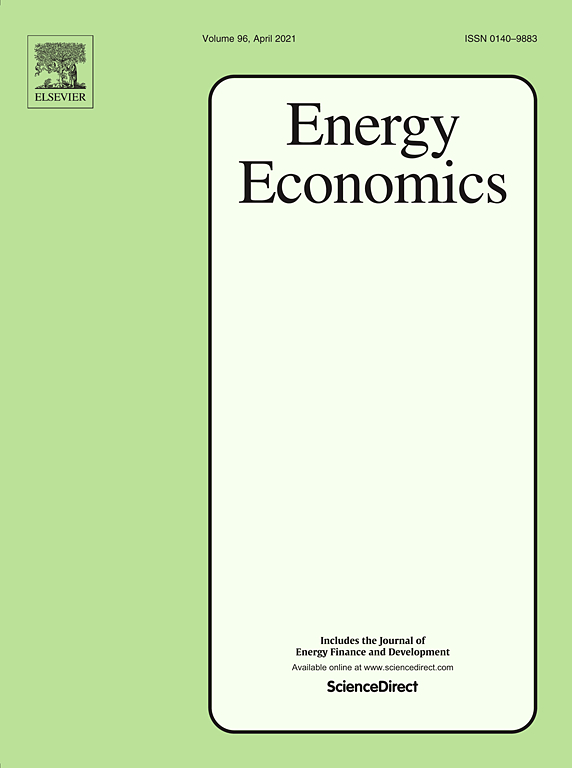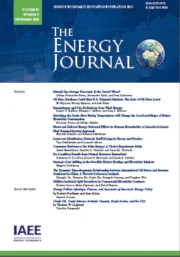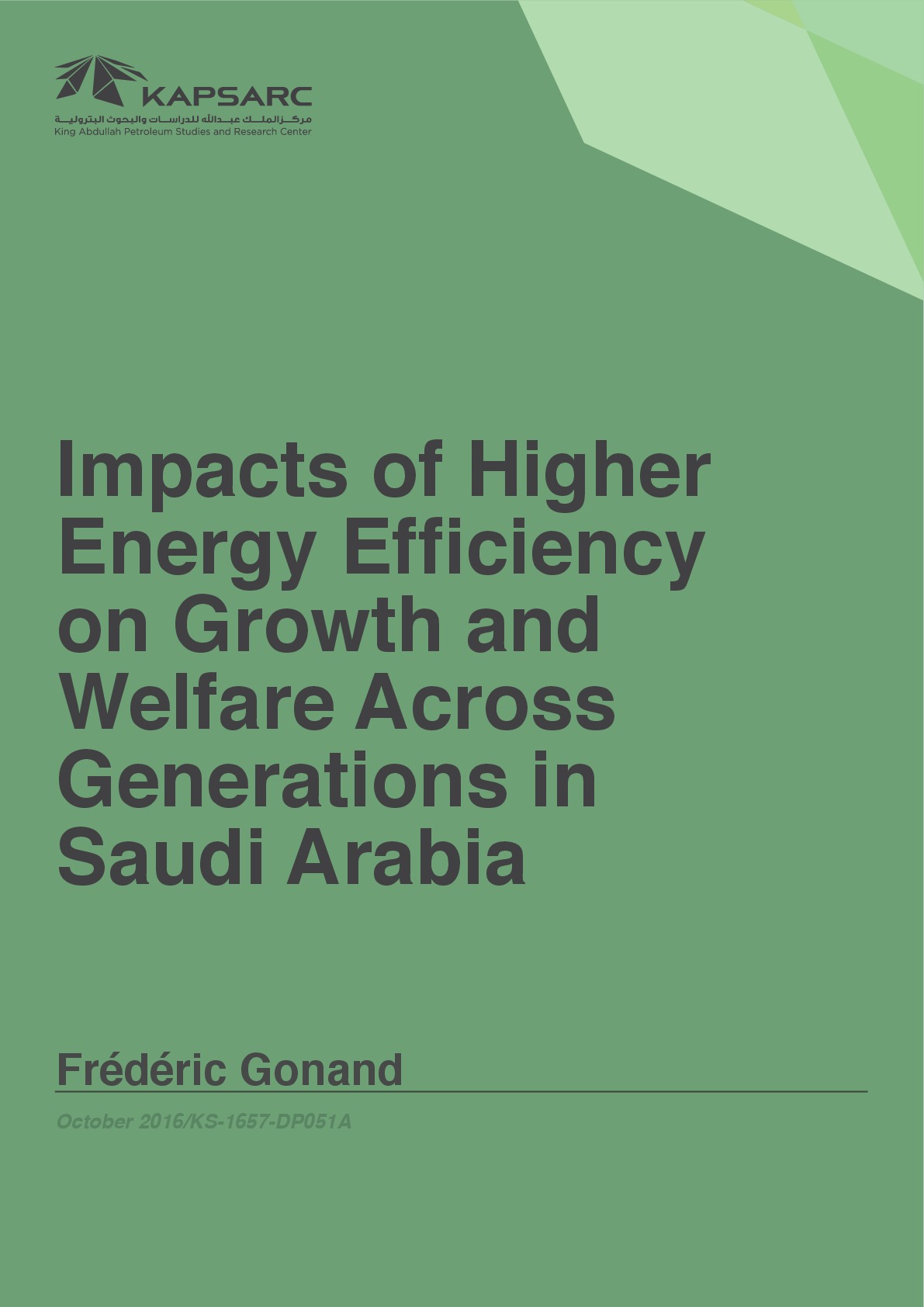This paper investigates the intergenerational welfare impact of raising state administered retail energy prices in Saudi Arabia, an example of an oil exporting country with a fast growing population. To achieve this, we develop a dynamic model with overlapping generations (called MEGIR-SA), which we believe is the first empirical application of its type to be developed for an oil exporting country.
The model is used to analyze the effects of the increase in some Saudi administered energy prices implemented at the end of December 2015.
In particular, the model analyzes how these price increases might affect the welfare of Saudis through a direct increase in energy expenditures, an indirect rise in Saudi public income stemming from a lower domestic demand for oil that fosters oil exports at a given level of domestic oil production, and a direct increase of the turnover of the energy sector.
The analysis suggests that the increase in end-user energy prices results in a net overall favorable effect on the intertemporal welfare of all households.






